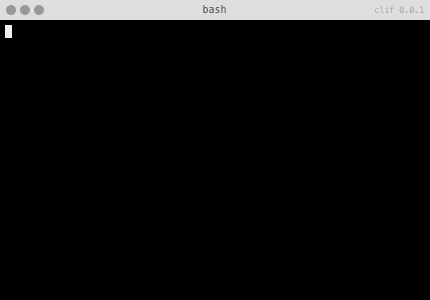Get WiFi Password from Command Line
I met Guillermo Rauch several years ago in the #mootools-dev room on IRC. He jumped into the MooTools project and made great things happen; he also coded MooTools' plugins forge. Since then he's gone on to create amazing things, most recently releasing HyperTerm, an excellent terminal app for Mac. I was recently browsing his GitHub repo list and found a goldmine of work but one quickly stuck out: wifi-password.
Have you ever been at a coworking location, a bar or restaurant, or your friend's house and someone asks you for the wifi password? You don't remember, of course, and the signs posting it are no longer up. What do you do? You grab wifi-password!
Once you've cloned wifi-password, you run the utility while you're connected to the network:
./wifi-password
Wait a moment and the wifi password is output to your command line:

I can think of dozens of instances when this would've done me well. Being able to retrieve passwords from any app or network is incredibly useful when on the go!
![Create a CSS Flipping Animation]()
CSS animations are a lot of fun; the beauty of them is that through many simple properties, you can create anything from an elegant fade in to a WTF-Pixar-would-be-proud effect. One CSS effect somewhere in between is the CSS flip effect, whereby there's...
![6 Things You Didn’t Know About Firefox OS]()
Firefox OS is all over the tech news and for good reason: Mozilla's finally given web developers the platform that they need to create apps the way they've been creating them for years -- with CSS, HTML, and JavaScript. Firefox OS has been rapidly improving...
![9 Mind-Blowing WebGL Demos]()
As much as developers now loathe Flash, we're still playing a bit of catch up to natively duplicate the animation capabilities that Adobe's old technology provided us. Of course we have canvas, an awesome technology, one which I highlighted 9 mind-blowing demos. Another technology available...
![Animated 3D Flipping Menu with CSS]()
CSS animations aren't just for basic fades or sliding elements anymore -- CSS animations are capable of much more. I've showed you how you can create an exploding logo (applied with JavaScript, but all animation is CSS), an animated Photo Stack, a sweet...






You can also just do the following: